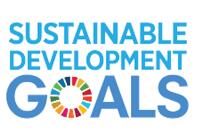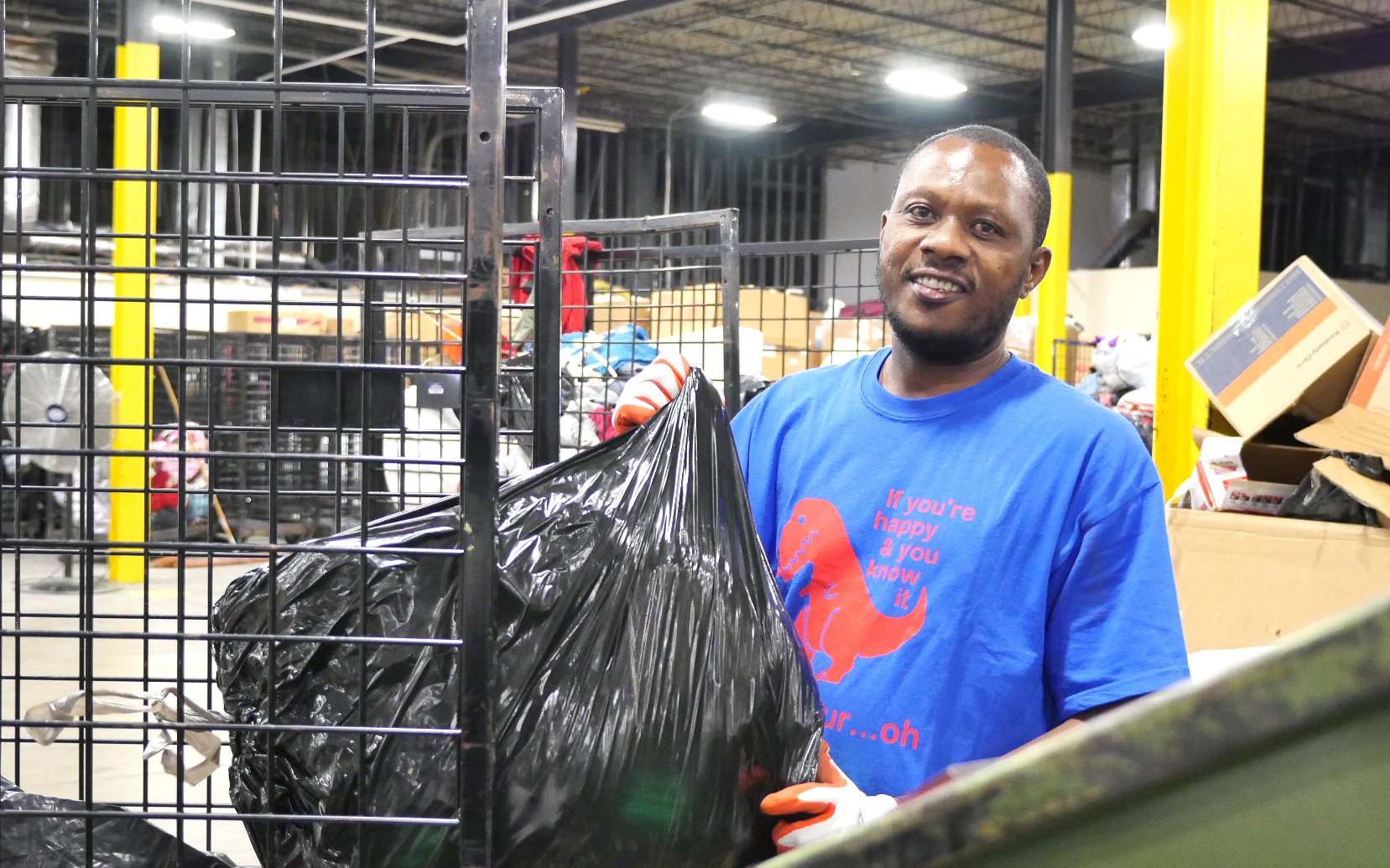Global Sustainability and the Corporate Pocketbook
A report recently released by the Business and Sustainable Development Commission provides compelling evidence that businesses focused on furthering the United Nations' Sustainable Development Goals (SDGs) will greatly contribute to economic growth and reap rewards a plenty.
 Moral and Financial Gain
Moral and Financial Gain
Mark Malloch-Brown and Paul Polman, co-founders of the Commission, indicate that businesses across the globe must "embrace an economic model which is not only low-carbon and environmentally sustainable, but also turns poverty, inequality and lack of financial access into new market opportunities."
Achieving the SDGs will result in a non-zero-sum game by increasing return on capital for businesses, and creating more widely shared prosperity for all. Achieving the SDGs isn't just about morality-there's significant financial benefit.
However, half of the business community regards the achievement of the SDGs to be the governments' territory. To help focus greater attention on the fact that businesses need to step up to the SDG plate, the Commission used its report to examine the potential effect in four major economic systems: food and agriculture, cities, energy and materials, and health and well-being.
The Numbers
The report found that achieving the SDGs by 2030 will open up $12 trillion of market opportunities within these four economic systems, and that achieving the single goal of gender equality could contribute up to $28 trillion to global GDP. It would also create 380 million new jobs. Overall, by embracing progress toward the SDGs, a company can enjoy an enhanced reputation, bringing in new customers, better employees, and more investors.
Malloch-Brown and Polman see aligning businesses with the SDGs as the only option forward: "The faster a critical mass of company leaders decide to line up their business objectives with the Global Goals and make their sectors more sustainable, the more business there will be for everyone in a more predictable, prosperous, peaceful world."

Planet Aid and the SDGs
Planet Aid has been working toward global sustainability and development for more than 20 years. Our environmental initiatives such as textile recycling and using solar power support sustainable resource utilization. We collect about 100 million pounds of textiles in the United States on a yearly basis, diverting it from local landfills and reducing the need for new textiles. Net proceeds from our operations are used to support and grow development projects in food, agriculture, education, and much more.

The Players
 The Business and Sustainable Development Commission was launched in 2016. Its 37 international Commission members are leaders in business, finance, labor, and civil society. To see their full report, click here.
The Business and Sustainable Development Commission was launched in 2016. Its 37 international Commission members are leaders in business, finance, labor, and civil society. To see their full report, click here.
 The United Nations General Assembly adopted the resolution "Transforming our world: the 2030 Agenda for Sustainable Development" in September of 2015. In this resolution, the UN identified 17 SDGs. To learn more about the SDGs, click here.
The United Nations General Assembly adopted the resolution "Transforming our world: the 2030 Agenda for Sustainable Development" in September of 2015. In this resolution, the UN identified 17 SDGs. To learn more about the SDGs, click here.
